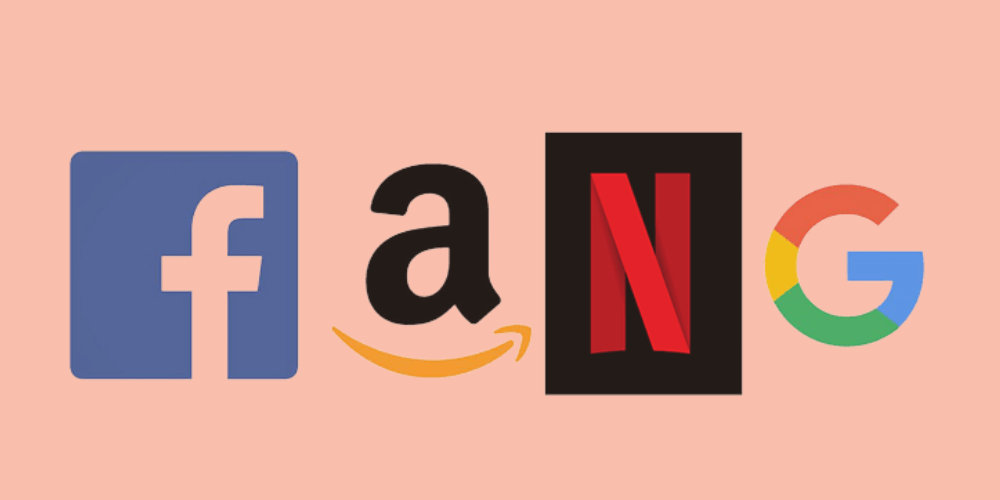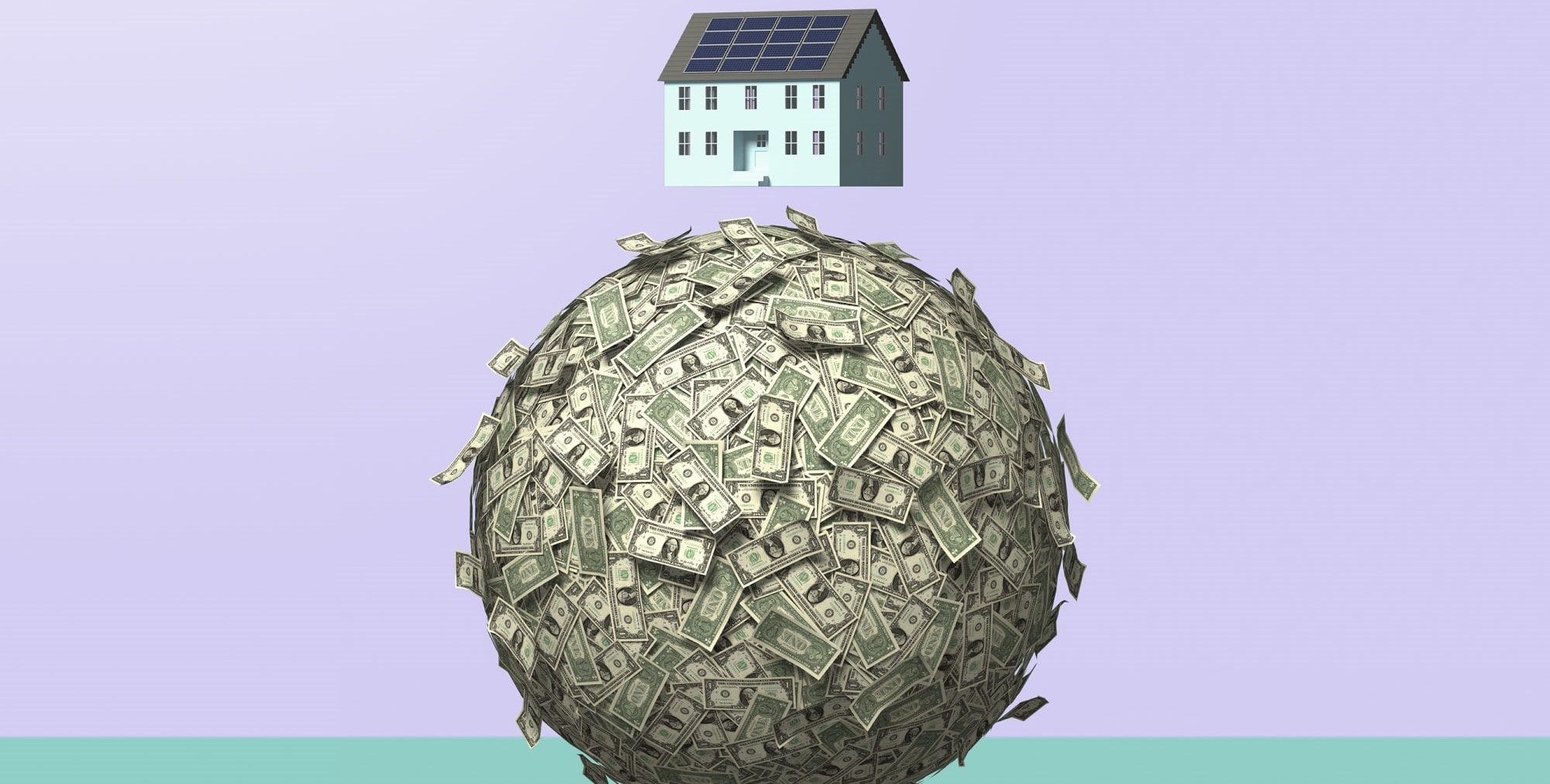Dear Customer
Thank you for purchasing our product.
We notice unauthorized transitions on your PayPal account.
If This Transaction Is Not Made by You Then Kindly Call Us for Cancellation of this Order
Otherwise, your $655.33USD will be charge today
$655.33USD charge will be from your PayPal account
Order Invoice
| Description | Quantity | Unit Price | Total Price |
| IPhone 12 Pro MAX | 1 | $655.33USD | $655.33USD |
Thank you for your recent order with us. If you have any questions or want a refund for this order, please call on,
Our Helpline Number: - +1 (8,6,O) - 4,8,4 -7,7,4,7.
Your order number :- (F78TEG 8TE79G 8EWT89G)
Transaction Id: - (Y89GEV 9YH9E8WG H80EWY9)
Items Ordered: 1 you're Billing Information
Total Amount will be charge= $655.33USD
If you want to cancel this order, give us the
Helpline Number: - +1 (8,6,O) - 4,8,4 -7,7,4,7.
(NOTICE- DO NOT REPLY THIS EMAIL.)
Thank You
Pay-Pal.inc@ BILLING











